Understanding the top 5 most addictive drugs today is crucial in addressing drug addiction and supporting those struggling with substance use disorders. Drug addiction treatment, encompassing various treatment programs and support systems, aims to help individuals break free from the grips of addiction to illegal drugs through medication-assisted therapy and counselling.
By examining these substances, their impact, and the comprehensive treatment options available, we can better comprehend the challenge of addiction and the path to recovery.
Table of Contents
1. Heroin
Heroin, a potent opioid drug, is notoriously one of the top 5 most addictive drugs today. The addiction it causes is severe, often leading to overdose and necessitating the use of naloxone to reverse the effects of opioid drugs. Withdrawal symptoms include intense drug cravings, sweating, and shaking. Heroin addiction is classified as a substance use disorder, often requiring extensive addiction treatment. Drug treatment programs for heroin addiction include detoxification, medication-assisted treatment, and counselling.
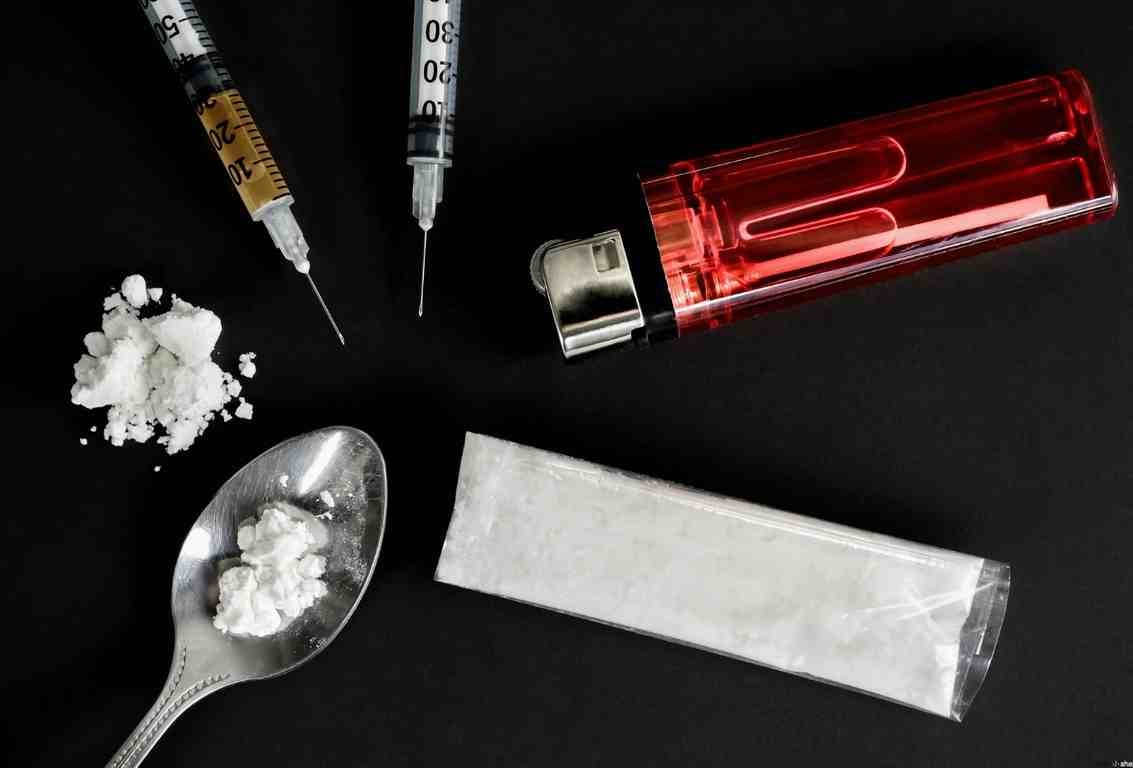
In many cases, heroin addiction co-occurs with other mental health conditions, necessitating a holistic approach to treatment. Outpatient treatment programs can be effective, providing flexibility while offering necessary support.
Prescribed medications such as methadone or buprenorphine help manage withdrawal symptoms and reduce cravings, aiding recovery. Overall, heroin addiction demands a comprehensive treatment plan to prevent relapse and promote long-term recovery.
Also see: Iboga Treatment for Heroin Addiction: A Potential Game-changer
Withdrawal Symptoms and Physical Dependence
Withdrawal symptoms from heroin can be extremely uncomfortable and, in some cases, life-threatening. They can begin within hours of the last dose and include severe muscle and bone pain, insomnia, diarrhoea, vomiting, and cold flashes with goosebumps. This physical dependence is what makes heroin one of the top 5 most addictive drugs today. Effective drug addiction treatment must address these withdrawal symptoms to prevent patients from relapsing.
Treatment Programs
Treatment programs for heroin addiction often start with detoxification to manage withdrawal symptoms safely. Medication-assisted treatment (MAT) is a cornerstone of heroin addiction treatment.
Medications like methadone, buprenorphine, and naltrexone can help reduce cravings and withdrawal symptoms, making it easier for individuals to focus on recovery. Counseling, both individual and group, is essential to address the psychological aspects of addiction and develop coping strategies to avoid relapse.
The Role of Support Groups
Support groups such as Narcotics Anonymous provide an invaluable resource for those recovering from heroin addiction. These groups offer a sense of community and shared experience, crucial for emotional support and encouragement. Involvement in support groups can significantly enhance the overall family functioning by providing family members with the tools and understanding needed to support their loved one’s recovery journey.
2. Cocaine
Cocaine, particularly in its form as crack cocaine, is another highly addictive drug. Cocaine use increases dopamine levels in the brain, leading to a powerful and immediate euphoric effect.
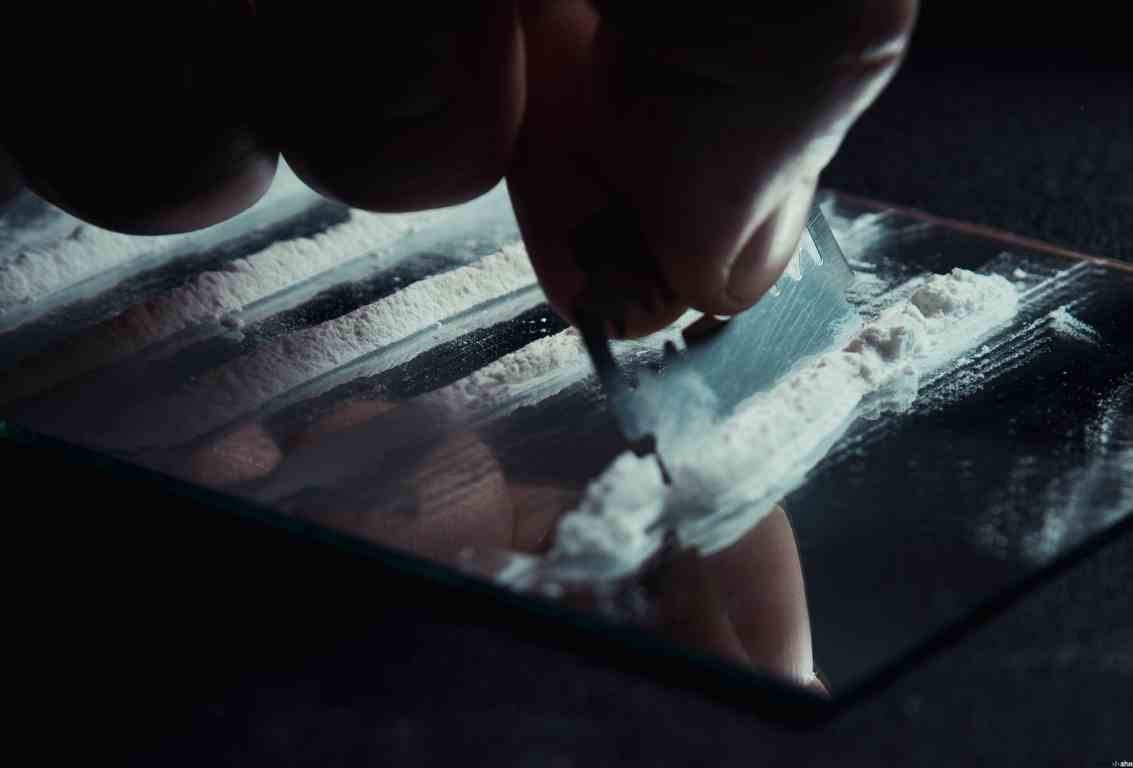
The physical dependence on cocaine can develop quickly, with withdrawal symptoms that include fatigue, depression, and drug cravings. Substance use disorders involving cocaine require specialized drug addiction treatment.
The Science of Addiction
Cocaine increases dopamine levels in the brain, creating intense feelings of pleasure. However, repeated use can alter brain chemistry, leading to tolerance (needing more of the drug to achieve the same effect) and dependence. These changes make it difficult for individuals to stop using cocaine without professional help.
Comprehensive Treatment Programs
Effective treatment programs for cocaine addiction involve a combination of behavioral therapies, medication when appropriate, and support from family members and support groups. Cognitive-behavioral therapy (CBT) is particularly effective in helping individuals recognize and change negative thought patterns and behaviors related to their drug use.
Other treatment options include contingency management (providing rewards for positive behaviors such as staying drug-free) and motivational interviewing.
Support and Community
Support groups, such as those facilitated by Narcotics Anonymous, provide a crucial platform for individuals to share their experiences and receive encouragement. These groups are vital in helping individuals maintain sobriety and prevent relapse. Family involvement is also important, as it improves overall family functioning and provides a support system for the patient.
3. Nicotine
Nicotine, found in tobacco products, is among the most addictive substances.
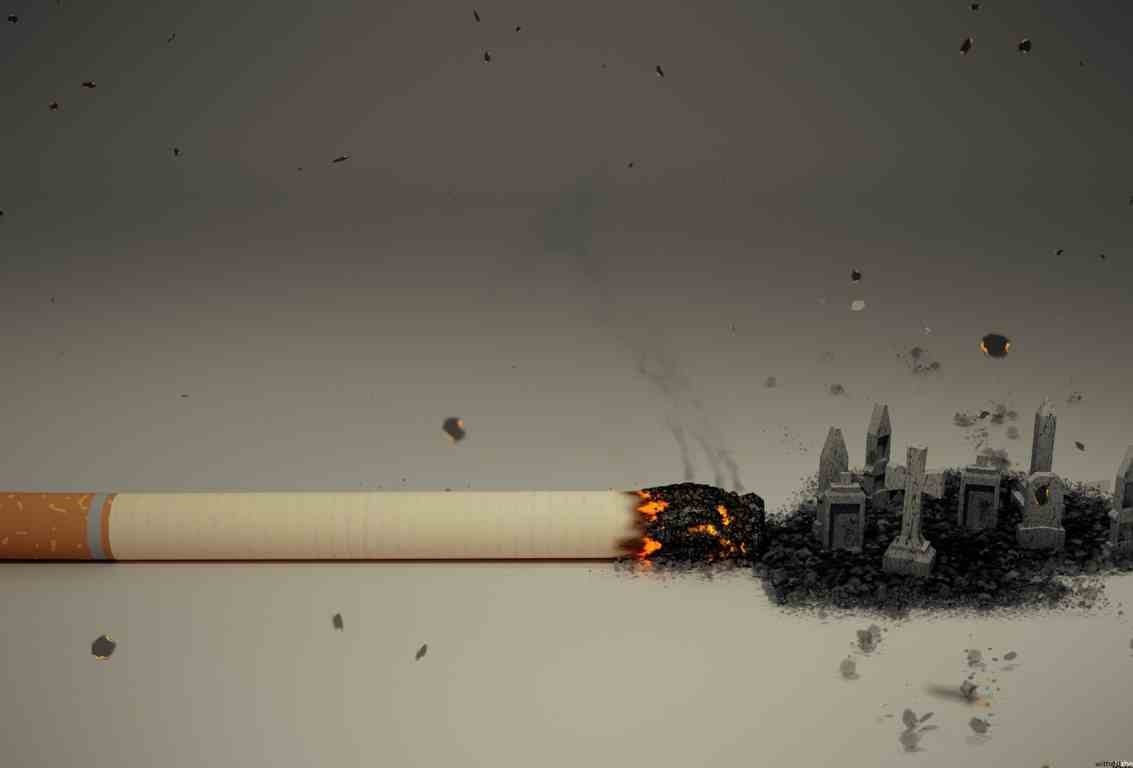
Nicotine addiction is characterized by strong physical dependence and withdrawal symptoms such as irritability, anxiety, and increased appetite. Substance use disorders involving nicotine are challenging to overcome, but various addiction treatment options are available.
Nicotine Addiction and the Brain
Nicotine addiction is driven by its ability to quickly enter the bloodstream and reach the brain, where it triggers the release of dopamine, creating pleasurable sensations. Over time, the brain develops a nicotine dependence to release dopamine, making it difficult for individuals to quit.
Treatment Options for Nicotine Addiction
Nicotine replacement therapies (NRTs), such as patches, gums, lozenges, inhalers, and nasal sprays, are commonly used to reduce withdrawal symptoms and cravings. These therapies gradually reduce the body’s dependence on nicotine. Behavioral therapies, including cognitive-behavioral therapy and motivational interviewing, are effective in addressing the psychological aspects of addiction.
The Role of Support Groups
Support groups such as Alcoholics Anonymous and other similar organizations provide crucial support for individuals trying to quit smoking. These groups offer a community of people with similar experiences, providing emotional support and practical advice. Family members can also play a supportive role, encouraging their loved ones to remain smoke-free and promoting healthier overall family functioning.
4. Alcohol
Alcohol is a widely consumed and highly addictive substance. Alcohol addiction, or alcoholism, is a chronic illness that affects millions of people worldwide.
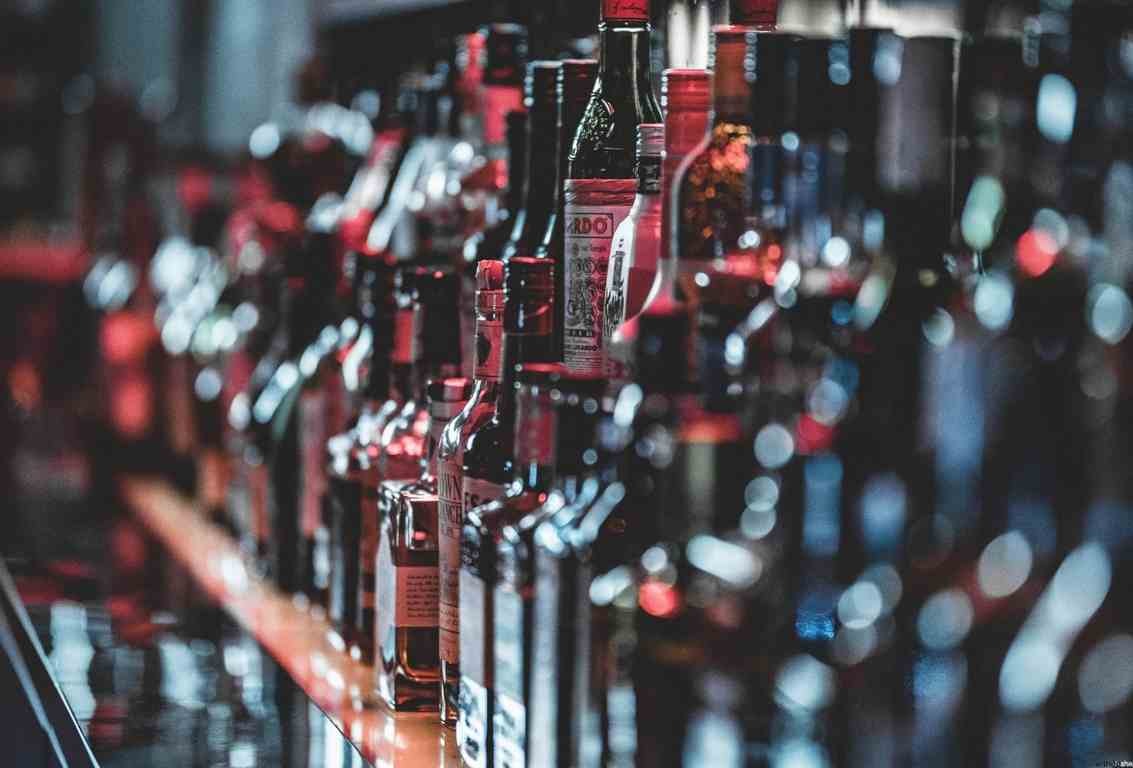
Withdrawal symptoms from alcohol can be severe, including tremors, anxiety, and even seizures. Drug addiction treatment for alcohol typically involves a combination of medical intervention and counseling.
Understanding Alcohol Addiction
Alcohol addiction involves a combination of physical dependence and psychological cravings. Prolonged alcohol use can alter brain chemistry, leading to tolerance and dependence. Withdrawal symptoms can be severe and may require medical supervision during detoxification.
Comprehensive Treatment Programs
Treatment programs for alcohol addiction may include inpatient or outpatient treatment, depending on the severity of the addiction. Inpatient treatment provides a structured environment with medical supervision, while outpatient treatment allows individuals to receive care while maintaining their daily responsibilities. Medications such as disulfiram, naltrexone, and acamprosate can help manage cravings and withdrawal symptoms.
Support Groups and Long-term Recovery
Support groups like Alcoholics Anonymous (AA) are integral to the recovery process. AA provides a community of individuals who share their experiences and support each other in maintaining sobriety. Family involvement is also crucial, as it helps improve overall family functioning and provides a support system for the individual in recovery.
5. Methamphetamine
Methamphetamine, commonly known as meth, is a powerful stimulant and one of the top 5 most addictive drugs today. Meth use leads to a rapid increase in dopamine levels, causing intense euphoria.
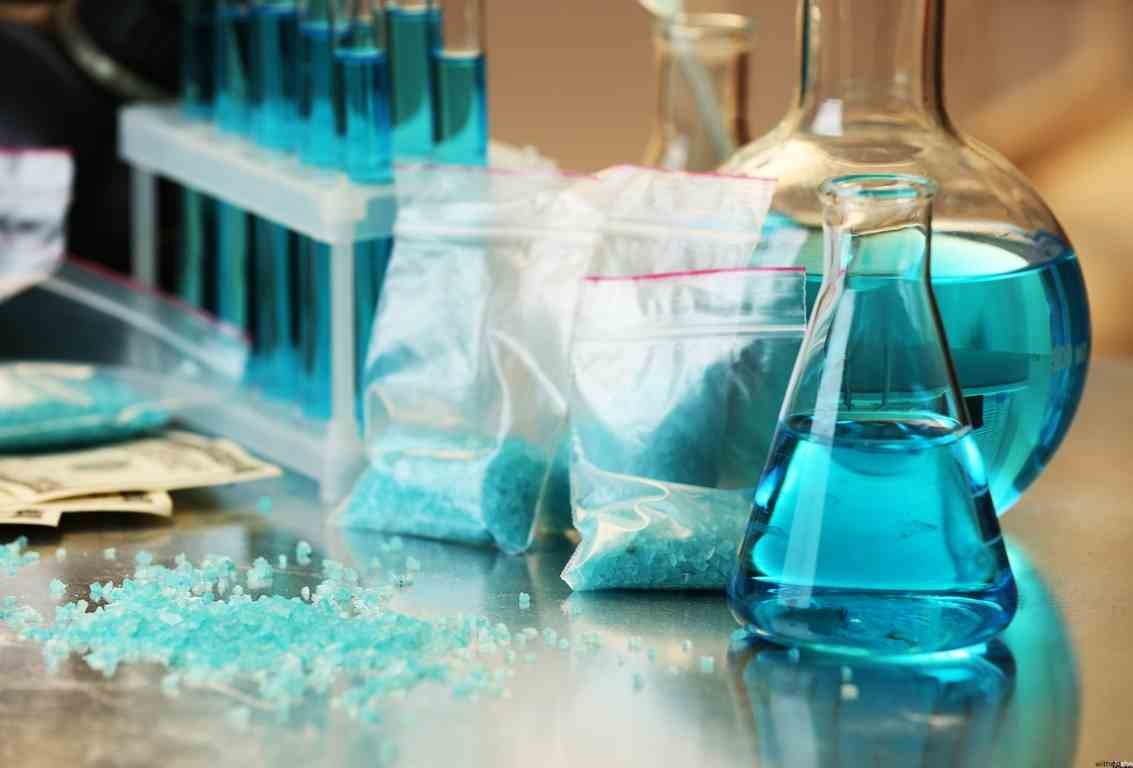
However, the drug quickly results in physical dependence and severe withdrawal symptoms, including depression, anxiety, and extreme fatigue. Substance use disorders involving meth require intensive drug addiction treatment.
The Effects of Meth on the Brain
Methamphetamine dramatically increases dopamine levels in the brain, creating intense feelings of pleasure and energy. However, repeated use damages the brain’s dopamine system, leading to a reduced ability to experience joy and severe physical dependence.
Treatment Programs for Meth Addiction
Effective treatment programs for meth addiction include behavioral therapies, support groups, and sometimes medication. Cognitive-behavioral therapy (CBT) is effective in addressing the thought patterns and behaviors associated with meth use. Contingency management and motivational interviewing are also useful treatment options.
The Importance of Support Systems
Support from family members and involvement in support groups are essential components of recovery from meth addiction. Support groups provide a sense of community and shared experience, which is vital for emotional support. Family involvement improves overall family functioning and provides a supportive environment for the individual’s recovery journey.
Drug Addiction Treatment
1. Detoxification
Detoxification, or detox, is often the first step in addiction treatment. It involves clearing the addictive substances from the body and managing withdrawal symptoms. Detox can be done in both inpatient and outpatient settings, depending on the severity of the addiction and the substance involved.
2. Medication-Assisted Treatment (MAT)
Medication-assisted treatment (MAT) combines medications with counseling and behavioral therapies to treat substance use disorders. MAT is particularly effective for opioid and alcohol addiction.
3. Behavioral Therapies
Behavioral therapies are a cornerstone of addiction treatment, addressing the psychological aspects of addiction and helping individuals develop coping strategies.
4. Support Groups
Support groups offer peer support and shared experiences, which are crucial for maintaining long-term sobriety. Two of the most well-known support groups are Alcoholics Anonymous (AA) and Narcotics Anonymous (NA).
5. Ibogaine Treatment
Ibogaine is an emerging treatment option for drug addiction, known for its potential to interrupt addiction and reduce withdrawal symptoms. Derived from the root bark of the African shrub Tabernanthe iboga, ibogaine is used in some addiction treatment programs, particularly for opioid and cocaine addiction.
Conclusion
Addressing the top 5 most addictive drugs today involves a comprehensive approach to drug addiction treatment. Understanding the nature of these addictive substances and the withdrawal symptoms they cause is essential in developing effective treatment programs. Support groups, such as Alcoholics Anonymous and Narcotics Anonymous, play a crucial role in the recovery process, providing community and shared experiences.
Family members also play a significant role in supporting their loved ones through addiction treatment. Ensuring overall family functioning and mental health support can significantly impact recovery outcomes. With the right treatment options, including counselling, medication, and support systems, individuals can break free from addiction and lead healthier, more fulfilling lives.
In conclusion, overcoming addiction to these top 5 most addictive drugs today requires a multifaceted approach. By understanding the impact of these drugs and utilizing comprehensive treatment programs, we can support individuals on their journey to recovery and prevent relapse. With ongoing support and dedication, recovery from drug addiction is possible, leading to improved health and well-being for individuals and their families.


